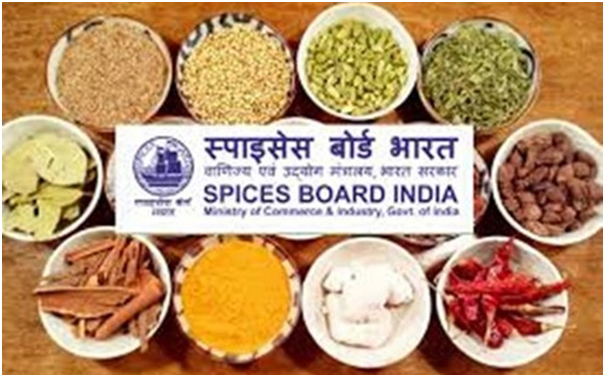
It has also kicked off efforts to gather technical
information, analytical reports and exporter data from relevant authorities on
the issue, it said in a statement on Thursday.
A regulatory body under the commerce ministry that
develops, promotes and regulates the export of various spices and spice
products, the board said on Thursday 25
April it has stringent protocols and guidelines for dealing with ETO residue.
“The board convened an industry
consultation and has put in systems to commence mandatory ETO testing in spice
consignments destined for Singapore and Hong Kong. Spice consignments to other
countries will also be strictly monitored for the presence of ETO. Spices
Board’s NABL-accredited laboratories are equipped and ready to test for ETO
contamination… This proactive approach
underscores the board’s commitment to ensuring consumer health and safety along
with upholding the reputation of Indian spice brands worldwide,” it said.
It added, “The board is in touch with Indian
missions in Singapore and Hong Kong to get more information and an official
notification. [It] is working with exporters whose consignments have been
recalled to ascertain the root cause of the issue and propose corrective
measures. Thorough inspections at exporter facilities are also underway to
ensure adherence with regulatory standards.”
Earlier this month, samples of spices from India were
found to have more than the permissible level of ETO in some overseas markets.
On 5 April, Hong Kong banned three MDH spice power brands and one Everest brand
after its Centre for Food Safety (CFS) found ETO in several spice mixes. Then
last week, the Singapore Food Agency recalled Everest Fish Curry Masala owing
to the presence of ETO beyond the permissible limit.
Additionally, the
Spices Board is issuing an advisory circular to raise awareness among exporters
about ETO contamination and to provide comprehensive guidelines